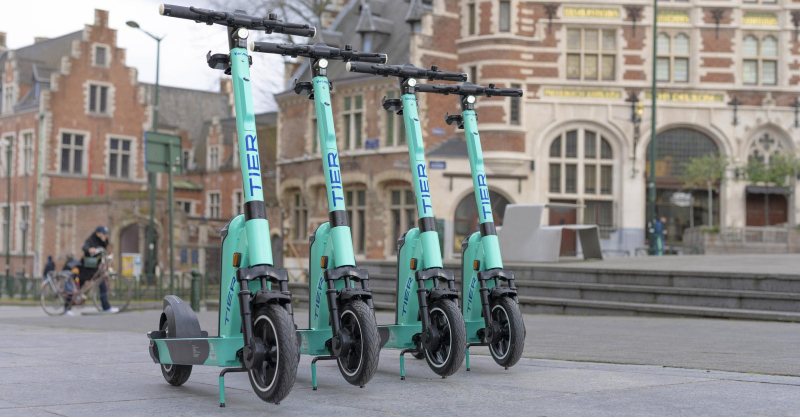Reports are in that, Germany-based micro-mobility firm, Tier is set to lay off 140 workers just ahead of the holiday season, as the company grapples with challenges in achieving profitability.
The announcement came from Tier’s CEO, Lawrence Leuschner, who described the past year as “incredibly challenging” for startups, emphasising that the layoffs were unrelated to the employees’ performance. In a candid LinkedIn statement, Leuschner attributed the decision to economic factors such as inflation and the cost of living crisis, which have led to “reduced consumer demand” and increased difficulties in conducting business.
Tier has announced a workforce reduction of approximately 22%, impacting employees in “multiple countries” and marking a challenging conclusion to a tough year. Another prominent Tier employee shared on LinkedIn that “the journey to profitability involves making tough decisions.”
Despite significant progress, including reducing losses and achieving profitability in the last five months, Tier has not yet attained overall profitability. Leuschner cited the need to adjust to the current market conditions and presume that demand in 2024 will mirror that of 2023, prompting the company to focus on cost-reduction measures to reach profitability.
This development occurs amidst fierce competition for market dominance and profitability among e-scooter companies such as Dott and Lime. Simultaneously, the government is actively promoting the use of rental bikes over private car usage among the British populace. In October, Transport for London (TfL) prolonged its e-scooter trial until May 2024, aligning with updated guidance from the Department for Transport. Presently, TfL offers nearly 4,500 e-scooters for rental.
The Tier story
Founded in 2018 by Lawrence Leuschner, Matthias Laug and Julian Blessin, Tier is headquartered in Berlin, the company operates across 150+ cities across 16 countries+ in Europe and the Middle East. It focuses on providing the safest, most equitable and most sustainable mobility solution and got the largest funding for a European e-scooter brand in 2020 from investors like Softbank and Northzone.
By March 2022, Tier had successfully secured a $200 million Series D and was also expanding its portfolio through strategic acquisitions, including Nextbike, a docked e-bike share company, Wind Mobility’s Italian unit, and Fantasmo, a startup specialising in camera-based scooter parking validation technology.
Furthermore, Tier made a significant move into the North American market by acquiring Spin from Ford. However, in August 2022, Tier faced challenges in the funding landscape, leading to its first substantial round of layoffs, affecting 180 employees.
This trend continued five months later, with an additional 100 layoffs across the Tier and Spin brands. In an effort to sustain operations, Tier raised funds through a convertible note in May, while simultaneously exploring acquisition opportunities. Unfortunately, discussions with potential buyers such as Bolt and Lime reportedly did not materialise. In September this year, Tier was in the news for selling Spin, an e-scooter and e-bike rental company for $19 million to US-based shared micromobility company Bird, the Silicon Valley’s fastest unicorn. In 2022, Spin was bought by Berlin-based Tier Mobility from Ford.
The recent layoffs underscore Tier’s shift in focus, reflecting a broader trend observed among startups and scale-ups in the past year—moving away from aggressive growth and expansion towards a more sustainable approach centered on achieving profitability. This strategic shift involves addressing operational losses, including streamlining the workforce through necessary redundancies.















